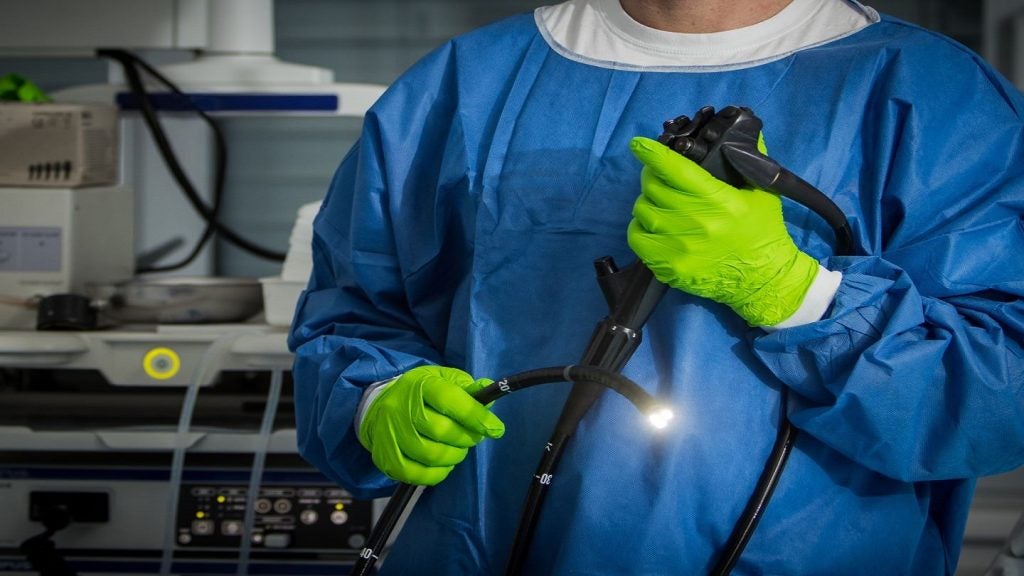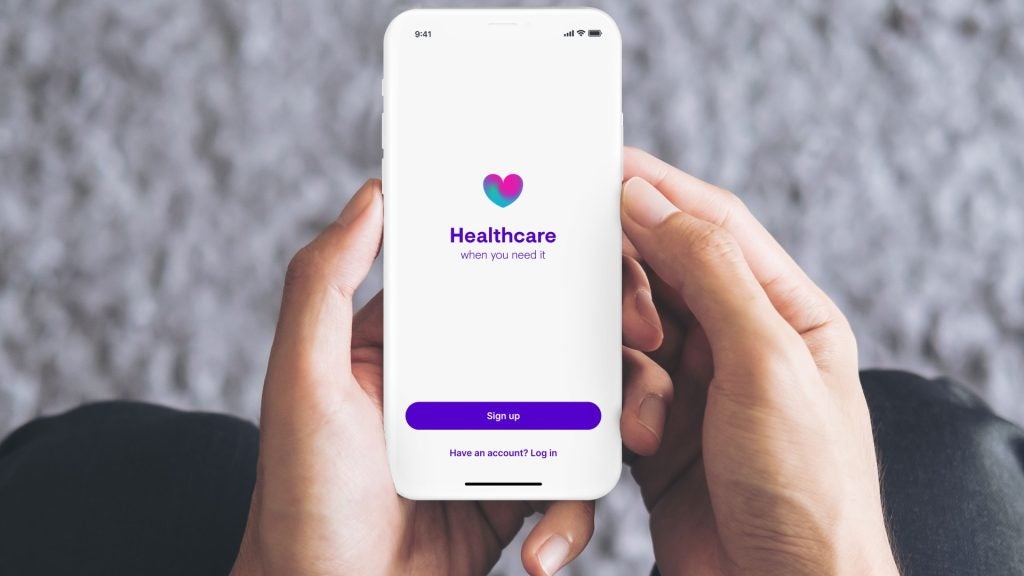A sub-analysis in a recent study by DermaSensor has demonstrated that its skin cancer detection device can reliably detect cancers despite differences in melanin content in patients with different skin tones.
The Miami, US-based medtech company announced the results as part of a sub-analysis from its DERM-SUCCESS study – a pivotal study which met its primary endpoint of having higher sensitivity compared to primary care physicians.
Cody Simmons, DermaSensor’s CEO, told Medical Device Network: “Darker skin types can be more challenging for physicians to assess since lesions can visually appear different on those patients. Accordingly, the medical community and the FDA have both expressed the importance of having physicians be effective at evaluating dermatologic conditions on all patients, regardless of their skin type, race, or ethnicity.”
The CE-marked handheld elastic scattering spectroscopy (ESC) device, which was granted breakthrough device designation by the US Food and Drug Administration in May 2021 and is currently under review for US approval, uses the shift in light to measure the changes in size of cellular components that occur when a malignancy is present. Some research suggests that devices using spectroscopy may not work as effectively in people with dark skin pigmentation, as the increased content of melanin interferes with the signals.
To make sure its device still provided accurate results in patients with different skin colours, DermaSensor divided over 1000 patients from the study into two groups based on the Fitzpatrick skin type – a numerical classification to classify skin type used in dermatology particular for skin cancer risk. Between the lighter pigment and darker pigment group, the device showed minimal variation in skin cancer detection – the company reported device sensitivity of 96% and 92% in the two groups respectively. There was a difference in sample size, with 729 in the lighter pigment group and 276 in the darker pigment group.
In the US, nearly 10,000 people are diagnosed with skin cancer every day, with the annual cost of treating skin cancers totally around $8bn.
Although screening accounts for only a part of survival rate calculation, detection that works across a wide range of population demographics is important as skin cancer is usually picked up at a later stage in people of colour. According to the Skin Cancer Foundation, the estimated five-year melanoma survival rate for black patients is 24% lower compared to white patients.
Simmons added: “We believe DermaSensor can help with [evaluating dermatologic conditions on all patients] since the device does not assess the visual appearance of patients' skin, but rather the cellular and sub-cellular features.”
















